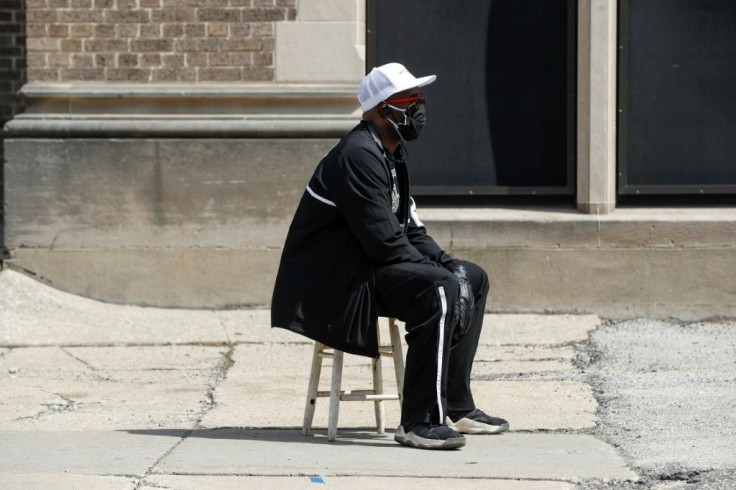Did Wisconsin Primary Spread Coronavirus? Health Department Hires Contact Tracers To Track COVID-19
KEY POINTS
- Health officials say they expect cases spawned by contact during primary voting to begin showing up next week
- The state Department of Health Services has hired more than 120 contact tracers to track spread of the disease
- Wisconsin's COVID-19 death toll is believed to have topped 100 this week
The Wisconsin Department of Health Services says it is monitoring the spread of coronavirus cases to determine whether they can be traced to Tuesday’s primary election, which Republicans refused to agree to postpone.
Results of the primary have yet to be released. The Wisconsin Elections Commission said it had sent out nearly 1.28 million absentee ballots – a more than fivefold increase from 2016 – and more than 1 million had been returned. The commission did not provide numbers on the number votes cast in person.
The health department announced Thursday it had hired more than 120 contact tracers to help local public health departments conduct interviews with those suffering from COVID-19 to determine with whom they had been in contact.
“Contact tracing is a critical tool in our ability to effectively manage COVID-19 now and moving forward," DHS Secretary-designee Andrea Palm said, adding, “We hope the extraordinary efforts taken by local clerks, public health, voters, and poll workers helped minimize any transmission but we stand prepared to respond if that isn’t the case.”
The Milwaukee Journal reported the Wisconsin death count topped 100 this week although the Johns Hopkins real-time tracker put the death toll as of Friday morning at 76.
Gov. Tony Evers, a Democrat, signed an executive order to postpone the primary but was overruled by the Republican majority on the state Supreme Court, which also refused to extend the timetable for mail-in absentee ballots despite complaints from voters that their ballots never arrived. It also refused to waive the requirement that ballots be witnessed. The result was long lines – 3,000 at each of the five polling places in Milwaukee – mainly in Milwaukee and Green Bay, the state’s third largest city, and National Guardsmen manning the facilities because of a lack of election judges.
“The Wisconsin Elections Commission provided municipal and county clerks with personal protective equipment and guidance that was developed in consultation with public health staff to prepare polling places, poll workers and voters for Election Day to ensure that if the elections were held people could cast their vote in the safest manner possible,” the health department said. “However, even with the safeguards polling places and workers put in place, there is some risk that people were exposed to COVID-19 while waiting to vote, casting their vote, or working the polls.”
Health officials said they expect to see cases resulting from exposure during voting to begin appearing next week, but the full impact is not expected to be apparent for weeks.

© Copyright IBTimes 2025. All rights reserved.






















